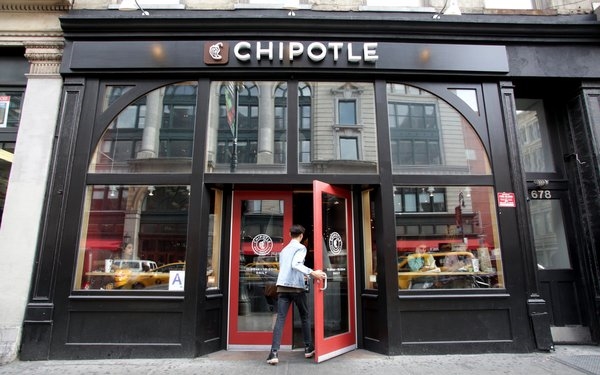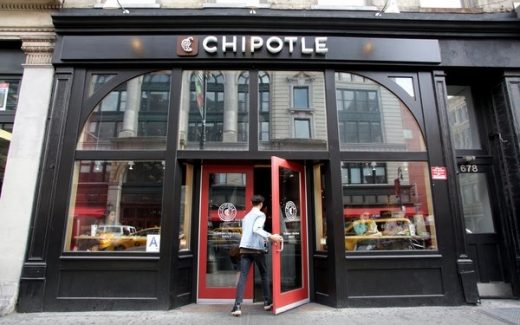Brand Authenticity, Transparency Outweigh Sustainability
Brand Authenticity, Transparency Outweigh Sustainability

Chipotle, with its purpose-driven marketing, beat direct competitor Qdoba in foot traffic study.
The most important values for brand selection among U.S. adults are authenticity/transparency, far outweighing sustainability, community involvement and political/cultural advocacy, according to a new survey.
Blis, which gathers and analyzes mobile location data, recently surveyed 1,200 U.S. adults 18+ to determine their brand sentiments and expectations.
Among the respondents, 41% cited authenticity/transparency as their most important value for brand selection. That was nearly twice as high as sustainability (21%) and more than four times higher than community involvement (9%) and political/cultural advocacy (7%).
The remaining 22% of those surveyed indicated that “I don’t care about brand values.”
“That isn’t to say the 22% of people who identified as not caring about brand values won’t be swayed with an emotional message or connect to purpose as a core value,” Mariana Fletcher, Blis insights manager, Americas, tells Marketing Daily. “What this tells brands is that there is an opportunity to pull consumers into your purpose-driven campaigns with the right message.”
Nearly two-thirds (61%) of respondents said they do not believe a brand’s advertisements should reflect their political beliefs. That feeling was most pronounced in the 45+ age cohort (74%) and least among those ages 25-34 (42%).
Nearly 80% of all the adults surveyed reported that loyalty to their favorite brands had not changed over a three-month period.
In addition to commissioning the survey, Blis compared foot traffic data representing 541,566 visits to 20 retailers to compare retail brands that had taken “strong stands” in 2019 with a control group of brands that engaged in non-purpose-driven marketing.
The company cites as an example Chipotle, which adopted authenticity about its food and meal preparation in its advertising, and Qdoba, which has not. Chipotle received nearly twice as many customers per store than Qdoba in August and September.
“We chose Qdoba because it’s a direct competitor with a similar menu offering, and we calibrated the data so that we could make an apples-to-apples comparison in terms of store locations,” says Fletcher.
Presented with the question “Where did ads have the biggest impression on you?,” TV was chosen over mobile 62% to 27%. Those media were followed by desktop (19%), billboards (9%) and print (7%).
(14)


